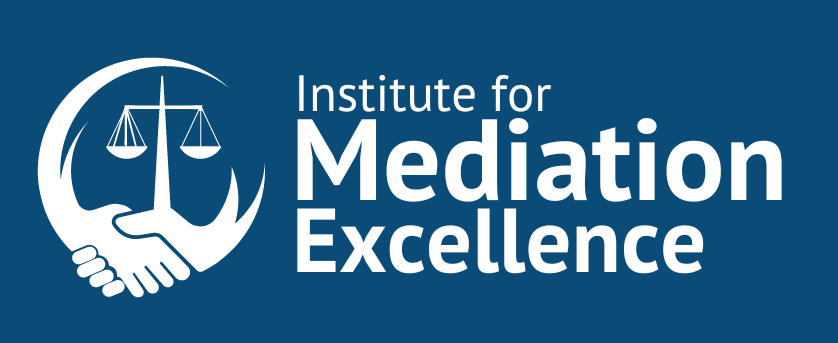Alternative Dispute Resolution (ADR)
Alternative Dispute Resolution (ADR) refers to a range of procedures that serve as alternatives to traditional litigation for the resolution of disputes, and generally involves the assistance of a neutral or impartial third party.
- Negotiation
Negotiation is a process by which parties to a dispute or their representatives discuss the issues in dispute with the intention to settle the dispute without the intervention of a third Party. - Mediation
Mediation is a process by which a neutral third Party, a mediator, facilitates communication between the parties to assist the parties to reach a mutually acceptable settlement. - Conciliation
Conciliation is a process by which a third person on request assists the parties to amicably settle their dispute. The neutral third person may ask the parties to submit evidence and make settlement proposals. - Med-Arb
Med-Arb is a process which starts with mediation and concludes with arbitration. This occurs where the parties agree before the mediation process, that there should be arbitration if the mediation fails. The parties must in their agreement determine whether the same neutral should conduct both processes. - Neutral Case Evaluation
Neutral Case Evaluation is a process by which the parties, their lawyers or both the parties and their lawyers appear before a neutral, present a brief of the evidence and arguments in support of their respective cases. The neutral makes a non-binding evaluation of their positions and gives an opinion concerning the likely outcome if the dispute is tried in court. Based on the evaluation, the parties may decide on what dispute resolution process to use to reach a mutually acceptable agreement.


